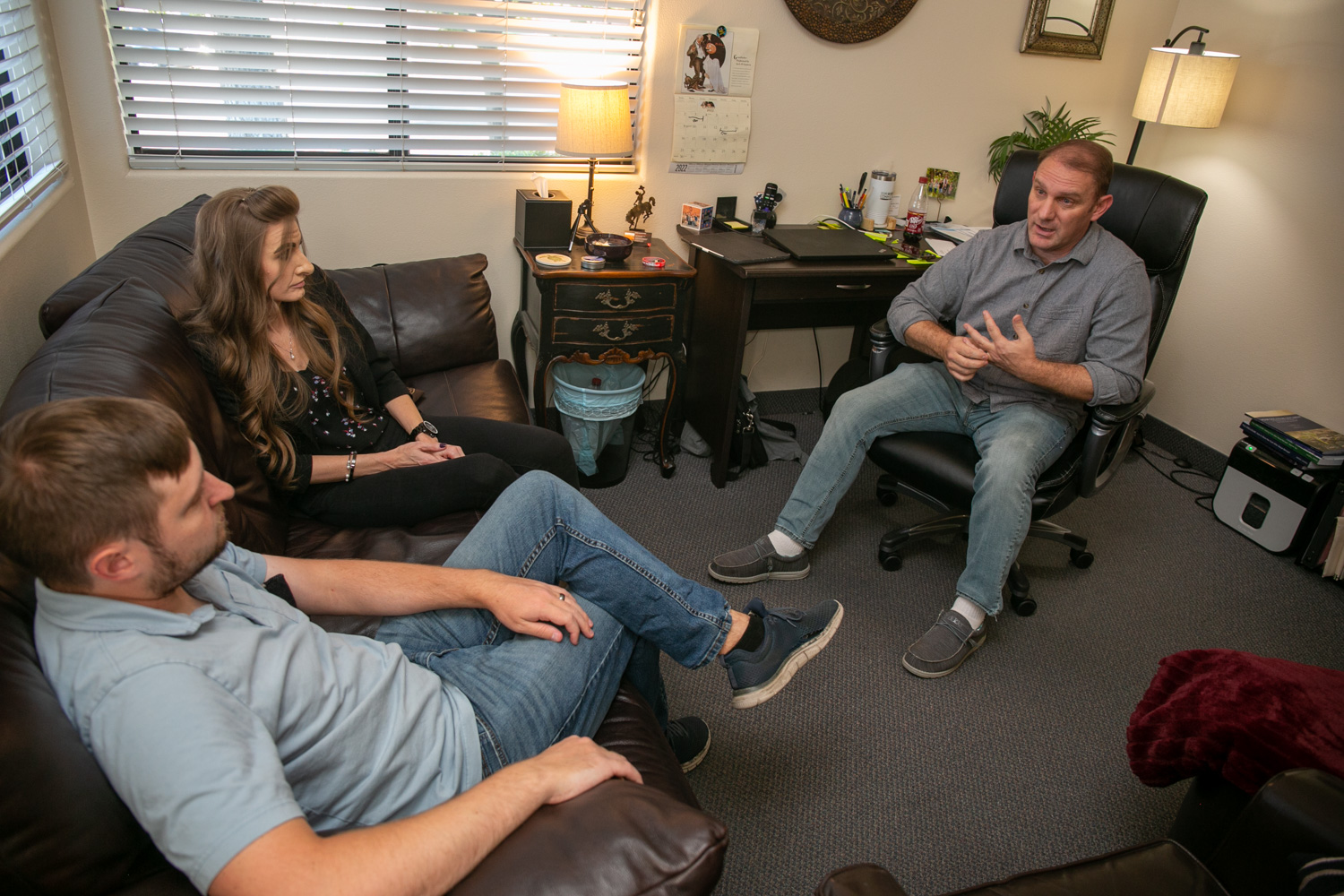What is Betrayal Trauma?
Betrayal trauma, or otherwise known as the reaction and response that comes from intimate betrayal (such as when a partner has an affair or reveals a porn addiction).
We call it “trauma” because the symptoms line up with the same reactions of post-traumatic stress disorder that we hear about with combat veterans or victims of assault.
How does Betrayal Trauma Therapy work?
Betrayal trauma occurs when that deep connection you thought you had is ripped away. This happens as you discover infidelity or deceit within your relationship. In other words, when someone you depend on for safety and security critically violates your trust, it can cause betrayal trauma. As a result, you’re left in a life-shattering state of mind that can negatively affect your life in many ways if left untreated.
What To Expect From Betrayal Trauma Therapy
It’s hard to explain what betrayal trauma feels like to someone who has never been through it. As a result, you may feel alone in your pain. Understanding the effects of betrayal trauma can provide validation. Furthermore, it can help you gain insight into why you may be feeling or reacting to situations the way you are.
At Secure Connection Counseling, we’ll help you determine the correct treatment for your betrayal trauma healing process.
Can You Recover From Betrayal Trauma?
The ideas below may help you begin taking steps toward your healing process. However, if you continue to experience symptoms, you may need professional help. A therapist can help you identify the many areas of life your betrayal trauma is affecting. Then, you can work on rebuilding your inner strength, ultimately feeling whole again.
The good news is, there is hope. Healing is possible, and you can learn to trust again.
Here are some ideas that can may you begin to heal:
- Make yourself and your environment safe with setting BOUNDARIES. Safety must come first. Physical safety is paramount, and emotional safety is almost as important. Boundaries are difficult to establish and maintain, but they are necessary to set the limits of what is and what is not allowed in your relationship.
- Learn some new COPING MECHANISMS, and begin SELF-CARE. Your trauma reactions are very real and impactful, learning things like breathing, mindfulness, and other mechanisms to help with difficult moments is crucial. Also, ask yourself what you can do to simply take care of yourself. Can you find things you enjoy, like a hobby, reading a book, or enacting spiritual practices? Can you focus on healthy living? All of these accelerate healing
- Establish CONNECTIONS. Simply put, healing from trauma alone is nearly impossible. We need others to help us through our pain. Finding safe connections with friends, family members, support groups, and even your partner (even if they are the source of the trauma) is a large part of healing.
Why you may need additional betrayal trauma support
If healing your betrayal trauma on your own doesn’t seem to be working, you may want to seek professional help.
At Secure Connection Counseling, we understand how complex betrayal trauma and recovery can be. We help clients acquire the tools they’ll need for success

